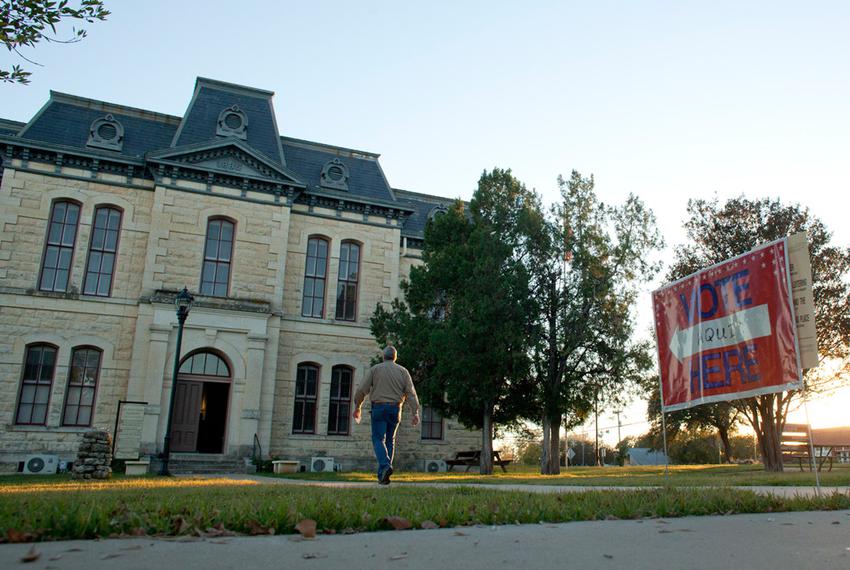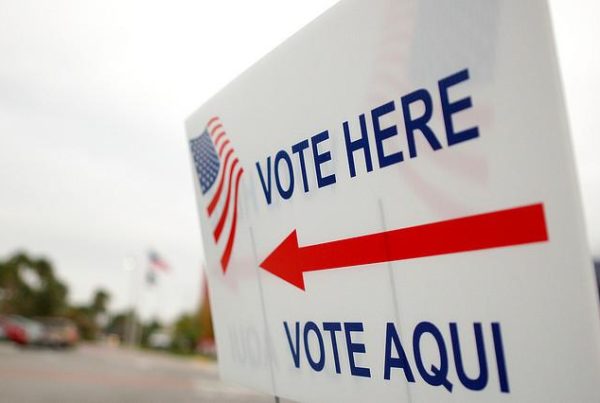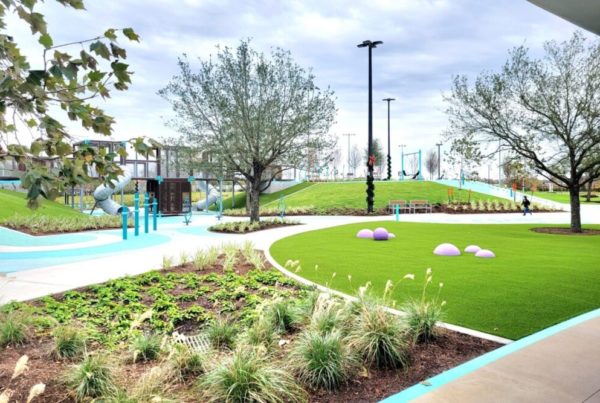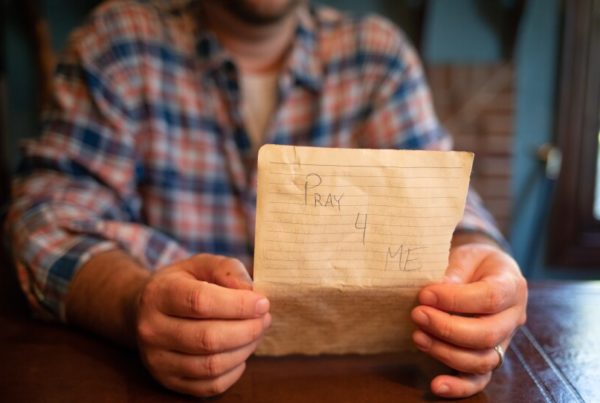From The Texas Tribune:
City councils and school boards in Texas are full of Republicans and Democrats, even if those people take office after nonpartisan elections in which they don’t fly those party flags.
Local offices are where the political parties find many of their future leaders and where those future leaders are having some of their gnarliest fights. School boards, in particular, have become focal points for issues that combine local and statewide interests, like book bans, critical race theory, what’s taught and what’s not, property taxes, gender identity, parental involvement, teacher autonomy, vaccinations and mask mandates.
That’s why the Republican Party of Texas is taking a “shop local” approach to candidate recruitment, trying to build farm teams of candidates who’ll turn debates the party’s way at the local level and then, perhaps, run for state and federal offices later.
The GOP announced its initiative this week, but both parties have been recruiting candidates this way for years. This is how the political ecosystem works.
Current issues work as fertilizer. Divisive topics being debated at school board and city council meetings often mirror what state legislators are talking about. They get the public’s interest. They sharpen the rhetorical skills needed in political debate, if not in collaborative legislating.
At any given moment, the Texas Legislature has plenty of people who started off on school boards, as mayors and city council people, members of local commissions and boards. It’s the training ground. And it’s only natural that the political parties, always looking for new stars, are recruiting and grooming local government folk.
The GOP announcement wasn’t surprising, but the timing is interesting. Texas Democrats are trying, again, to put together a win or two on the statewide ticket, hoping that their lock on most of the state’s big cities and their growing strength in suburban counties will get them in position for that.
Republicans are looking at signs that Democratic strength in South Texas has begun to wane. They’ve been recruiting candidates — the full list will be available after the Monday evening deadline to file for the 2022 ballot — and in one case, getting incumbent Democrats in the Legislature to change parties. Ryan Guillen of Rio Grande City started his current term as a Democrat and will end it as a Republican.
He’s seen the numbers: Republican lawmakers, after the 2020 elections, redrew the state’s political maps with those gains in mind, favoring their party where they could.
Lots of local races won’t be on that ballot after Monday’s deadline. For one thing, they’re nonpartisan, and there are no primary races for the candidates. And the local elections are often on other dates.
Republicans in Austin have been after local governments for years, pushing aside local laws and rules on ride-sharing, short-term rentals, public health orders, mask mandates, property taxes, housing policies — a long list of issues where local and state powers overlap. Lawmakers have failed several times to outlaw lobbying by local governments and the associations they employ to tell the state lawmakers how their work will help or undermine what’s happening back at home.
Those legislative eyes are still on cities and counties, particularly those in Democratic parts of the state, but they’ve turned their attention this year to school districts. State-level efforts — to reverse local COVID-19 responses, pull certain books from school libraries or block teachers whose lessons on history or social studies they don’t like — have gone local. What were issues in Austin are echoed wherever local elected officials meet.
It’s already a training ground for the next generation of state leaders. The Republicans are just formalizing it, and making an announcement that they hope will get like-minded people to run for local office and, maybe someday, for higher office.
The parties are just like sports teams in this way, building farm teams they hope will turn into dynasties.














